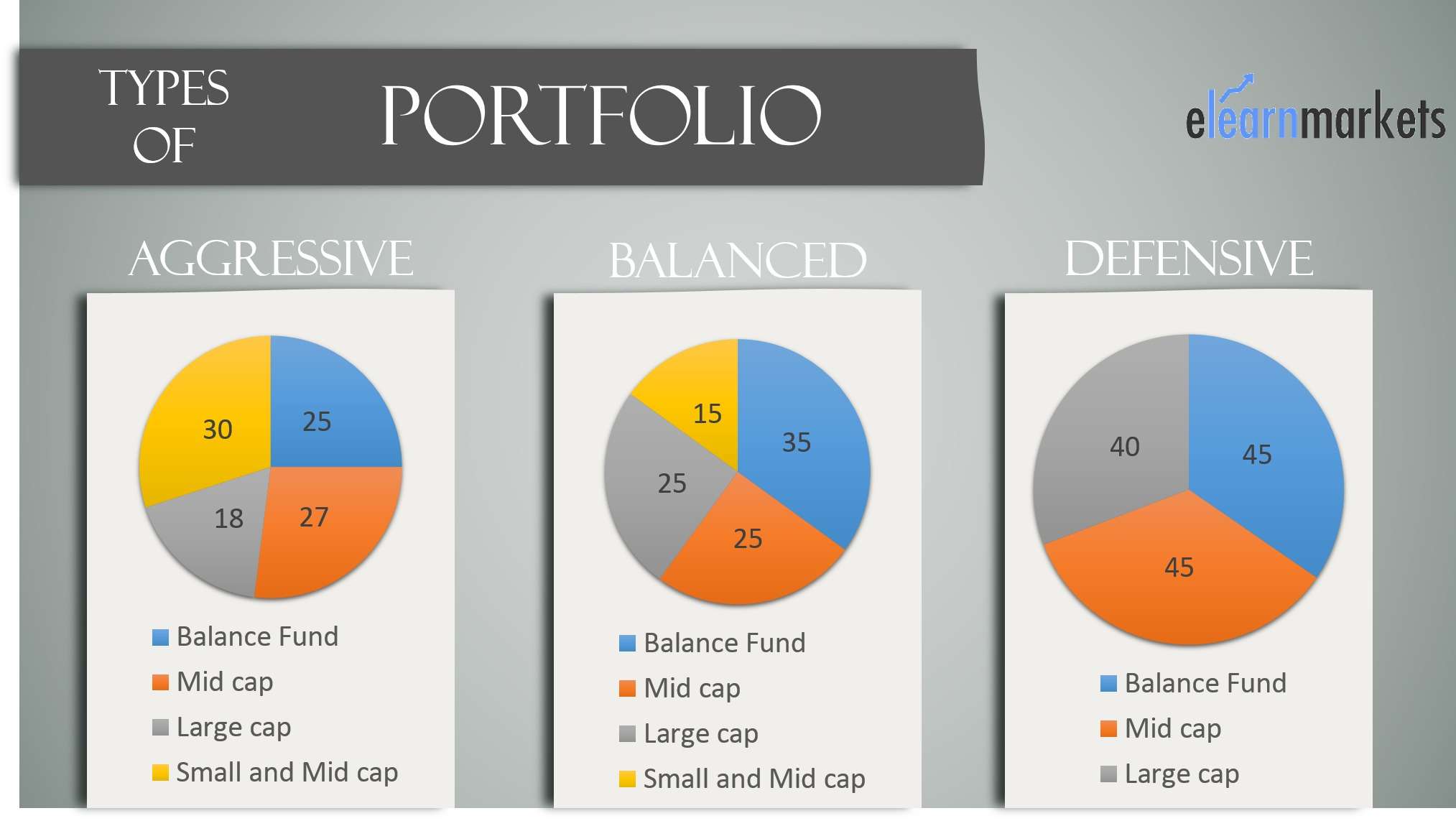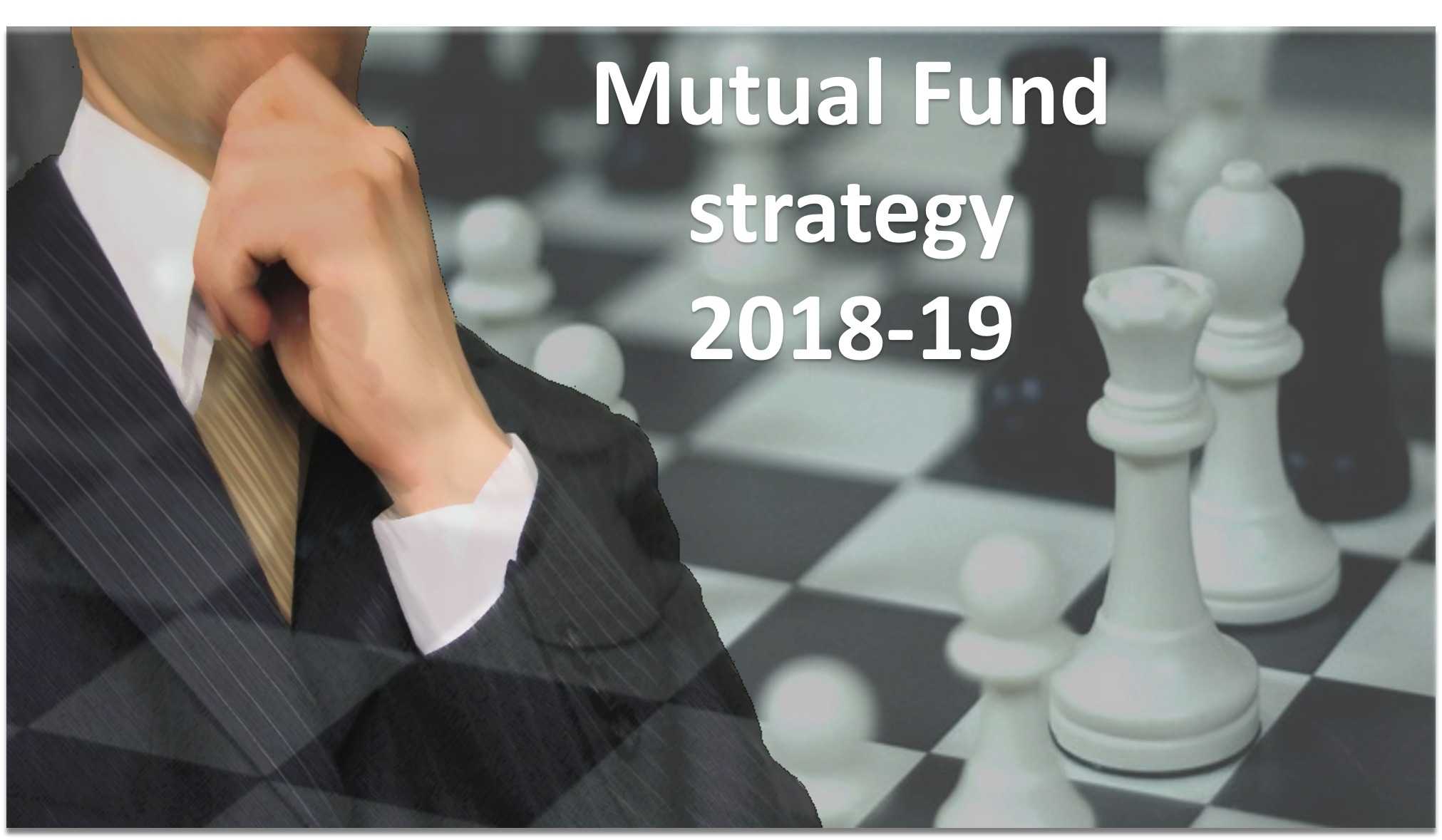Want to learn about the basics of using mutual funds for your financial planning? Join the NSE Academy Certified Financial Planning & Wealth Management course on Elearnmarkets.
Mutual Fund house believes that 2017 was the best year for them. Stock prices touched their lifetime high as well as Nifty and Sensex. Fund houses collected more than 6000cr in the last month of 2017, which is a record high for itself.
But, 2018 has not been the same, the market lost its momentum when the 10% tax on LTCG was reintroduced in Union Budget. Apart from this, increase in oil price, other global and internal factors played an important role.
To make your own mutual fund investment strategy, you can take help of Kredent Money App.
Now someone may think, it is not the best time for investment. Let the market regain its momentum then it can be decided.
If you are thinking same then this article is for you.
Honestly, these are the best time to invest, if you are thinking about investment through Mutual Fund and want to stay longer in the market.
Then what is the best way to invest in Mutual Fund?
How will anyone choose his/her suitable fund?
How to plan taxes accordingly? these are the common questions comes to our mind when we start thinking about Mutual Fund. Right?
Let’s solve these problems.
Success should be planned Systematically-SIP
Systematic investment planning or SIP is the best vehicle when the destination is the investment in Mutual Fund. Anyone who has no understanding of Mutual Fund or equity can invest through SIP. Even the SIP can be started with a very minimum amount of Rs.500.
Here the money is professionally managed by the fund managers. They are experienced and can take action according to the market condition.
SIP returns are better than bank FDs but the investor has to be cautious. Know your risk appetite and do your investment regular basis to get the best outcome of SIP.
You may also read: Why should we invest in Systematic Investment Plans (SIP)?

One Wise Decision Can Make a Great difference
It is of vital importance to choose the fund wisely before investing in Mutual Fund. The track record of the fund manager should be taken into consideration. However, in the year 2017 the market was very bullish and so the record of almost all the fund managers will show good, but this is not their regular record, therefore we should check the record of at least 3-4 and not go only by the record of recent past.
Other aspects that need to be taken care of are as follows:
- The credit rating of the underlying asset.
- Asset’s growth record in accordance with the tenure you want to invest in.
- Expense ratio- it is the percentage of the asset that is paid to the fund manager as a fee.
- Beta- beta is a measure of volatility in the market.
- Sharp ratio- it is the average return earned in excess of the risk-free rate per unit of volatility, it shows us how much are we earning above the risk-free rate per unit of risk that is volatility.
- Standard Deviation- it is the measure of deviation from the mean or average returns.
Only after analyzing all these aspects a fund should be selected, it is always good to know and to be careful before we invest.
Planning to invest in long-term debt funds?
Debt funds can be understood as a pool of investments containing mainly fixed income securities like long-term bonds, money market instruments etc. with varying levels of risk. These are mainly preferred by risk-averse investors. The returns on debt funds are influenced by several factors like interest rate fluctuation, currency fluctuation, inflation etc. The yield on fixed income security is calculated with the help of a ratio of the interest being provided and the price at which it is bought.
Debt fund investments are considered profitable when interest rates are low. But when the interest rates are high investing in long-term debt funds can be very risky. In 2018 the interest rates are high and volatile. In a volatile market, it is difficult to analyze and extrapolate the future. So it is advisable to stay away from investing in long-term debt portfolio.
Plan tax savings along with wealth creation:
“Sound Strategy starts with having the Right Goal.”- Michael Porter
Mutual Funds are generally known as a class of investment to earn profit, but under Section 80C of the Income Tax act a person can claim deduction of up to Rs.150000 from Equity Linked Mutual Funds (ELSS), hence it helps in saving tax as well. 10% tax has to be paid on Long-Term Capital Gains but only when the gain is over Rs. 100,000 in a financial year which may not be the case every year. Also, this is less as compared to other investment classes like Fixed Deposit. So, Mutual Fund Investment can prove helpful in planning tax savings and wealth creation at the same time.
Balance both Fear and Selling Stocks:
“The Key to making money in Stock Market is not to get Scared out of them”- Peter Lynch
Discipline, when clubbed with control on your emotions, can make a person perform better. The investor should not panic when the markets go down temporarily but should stay invested and wait for the market to regain its momentum. If the person panics and sells the stocks, then it will make loss but if he/she stays invested when the market regains momentum and corrections it will make profit.
The Long Term Capital Gain Strategy (LTCG) is all about balancing how and when you sell, therefore selling strategy is very important and should not be confused with any other strategy. Similarly, an investor should be discipline and control its greed and sell as per the strategy timing or else it can confront losses. And so discipline should be followed and given prime importance.
To know more about LTCG read: All about the re-introduced Long-Term Capital Gains Tax (LTCG tax) in India
The Bottom Line:
It may sound easy to build up strategies and choose the right Mutual Fund but it requires a lot of effort to choose the right among so many options available. But a small, a smart strategy along with right choice and a wise decision can make a big difference. We should look at all the aspects and analyze to reap all the benefit as much as we can. Fear and panic can prove to be hazardous to the investors’ interests, so it is important to have control over it. Learning to invest in the right manner requires time and effort, hence the investor should not be impatient.









Hi, You have really explained well about Mutual funds schemes and this will surely help the new investor as well as people who are interested to invest in mutual funds.
Hi Ram,
Thank you for reading!
You can read more blogs on Finance Planning here.